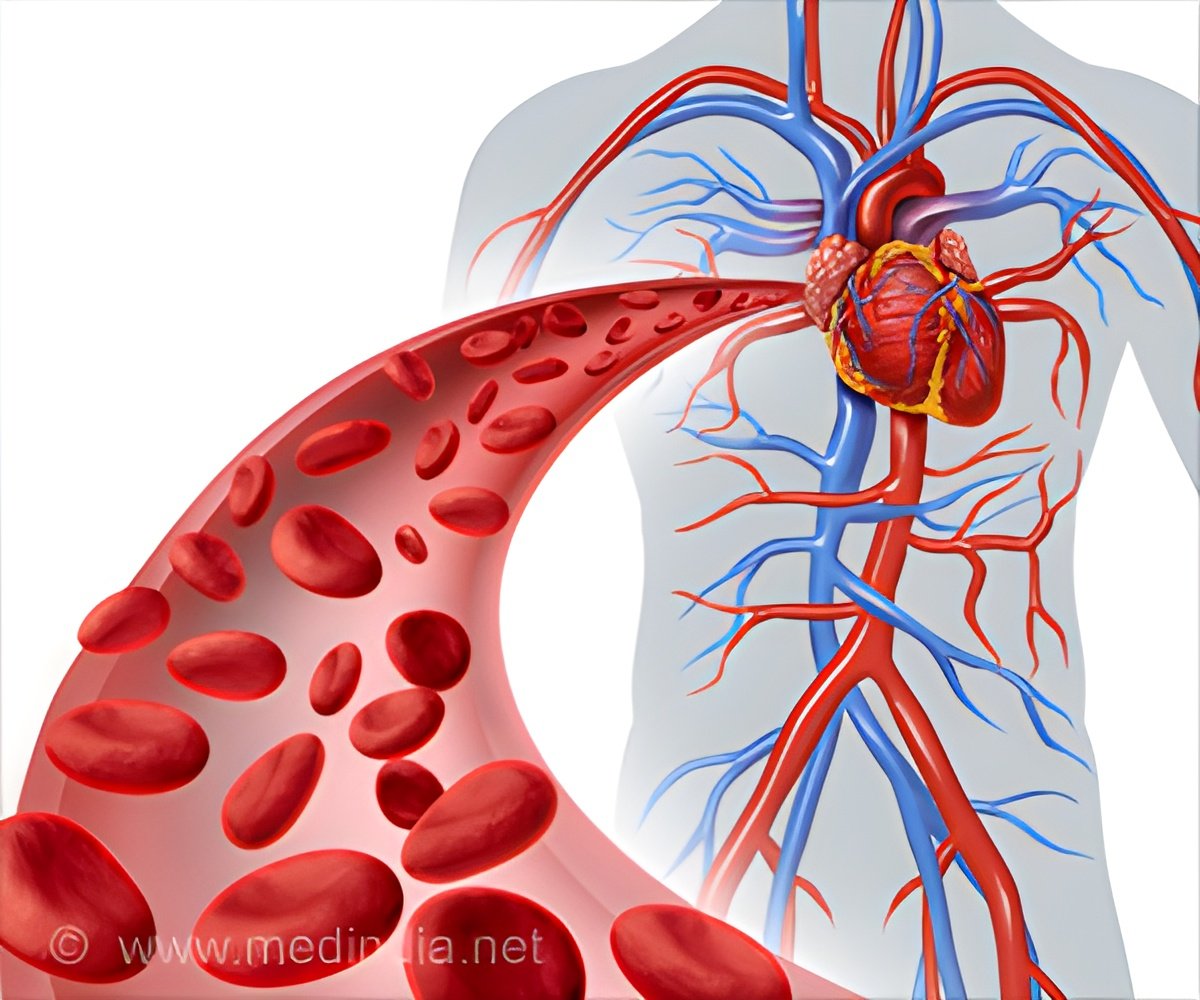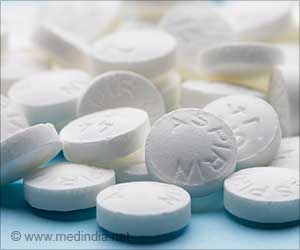New Norweigan study challenges saturated fats' role in causing heart diseases and gives alternate explanations.

‘The study challenges saturated fats' role in causing heart diseases and gives alternate explanations that could lead to heart disease.’
Read More..




"There is at best weak evidence that a high intake of saturated fat causes heart disease," says co-author Simon N. Dankel. "The overall data are inconsistent and unconvincing, not to mention the lack of a logical biological and evolutionary explanation. Also, people with metabolic disorders often do not show the expected changes in blood cholesterol when changing their fat intake, suggesting loss of the normal response." Three scientists have raised a question challenging the diet-heart-hypothesis - Why do saturated fats increase blood cholesterol, and why should this be dangerous? Read More..
"Cholesterol is a critically important molecule for all cells in the body," explains Marit Zinöcker, lead author of the study. "A cell is surrounded by a fluid membrane that controls cell function, and the cells depend on the ability to incorporate a certain amount of cholesterol molecules so that their membranes don't become too stiff or too fluid."
The HADL model is based on the fact that less cholesterol is needed in the cell membranes when saturated fats replace polyunsaturated fats in the diet. On the other hand, polyunsaturated fatty acids, including omega-3 and omega-6 fatty acids, enter our cell membranes and make them more fluid. She explains the cells then adjust the fluidity of their membranes by incorporating cholesterol taken from the bloodstream. This model explains why blood cholesterol levels decrease when we eat more polyunsaturated fats.
Homeoviscous Adaptation is a phenomenon in which cells adjust their membrane fluidity according to changes in their environment, like the access to different types of fat, which is present in both vertebrates and human skin cells. Dankel says “We argue that this is a critical principle in human physiology. Our cells are normally capable of adjusting their cholesterol content according to changes in dietary fats."
Co-author Karianne Svendsen says research on nutrition often focuses only on what changes in the body and should equal importance to the question of why something, like cholesterol, changes.
Zinöcker states that from the HADL model's perspective, logical explanations for why cells need to change their cholesterol content, and thereby the blood cholesterol when fats in the diet change are given
. Other reasons for elevated cholesterol in people with cardiovascular disease, such as low-grade inflammation and insulin resistance, are also discussed in their paper. This indicates that elevated levels of blood cholesterol caused by metabolic disruptions must be separated from elevated blood cholesterol levels caused by a major change in intake of dietary saturated fatty acids. The lack of addressing the root cause and the benefit of lowering blood cholesterol by adding polyunsaturated fatty acids to the diet is also questioned in their paper.
In conclusion, Zinöcker says that the research and reasoning behind the HADL model indicate that the effect of dietary fats on blood cholesterol is not a pathogenic response, but rather a normal and healthy adaptation to changes in diet The model still needs to be verified and the authors urge other researchers to test the model.
Source-Medindia















